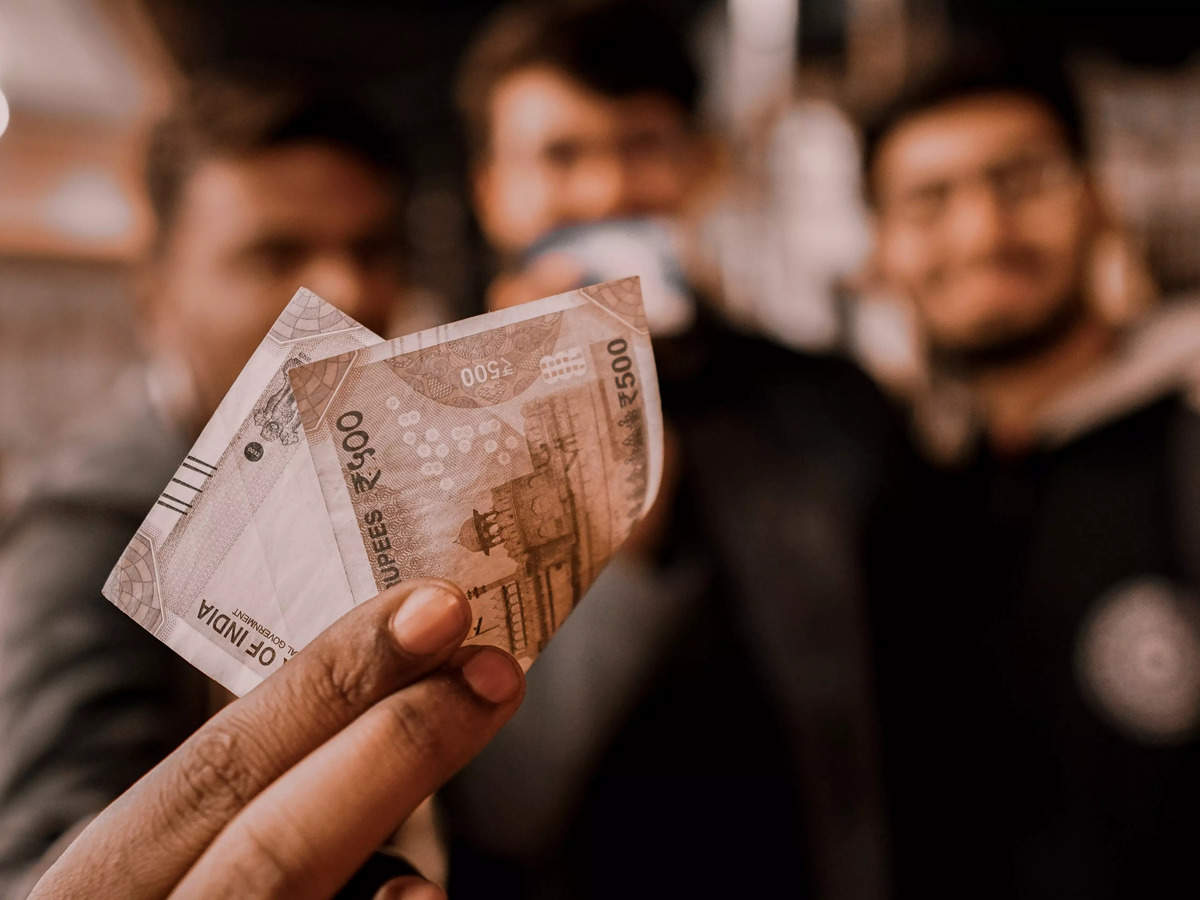How Indian brands maximize influencer impact

Statistics indicate that India's influencer marketing industry was valued at above 12 billion Indian rupees in 2022. It's projected to see a 25% compound annual growth rate over the next five years, with the industry's market value approximated to reach 28 billion Indian rupees by 2026.
The influencer marketing industry is becoming increasingly important as it helps Indian brands create awareness and increase visibility.
Most influencers usually have large, engaged followers. When they promote a brand’s services or products to these followers, the brand is exposed to a new audience, increasing visibility and engagement.
Influencers can also create brand awareness by developing content showcasing a brand's services or products and highlighting its unique selling points. Once they share this content with their following, they can help establish a business as a reputable and trusted option in the market.
Understanding the Indian Market
The Indian consumer market isn't just vast, but it's also set to experience a rapid growth rate. Understanding its unique features can help entrepreneurs and SMEs excel in this market. Characteristics of the Indian market may include:
High penetration of social media
According to statistics, over 50% of India's population had social network access in 2020. By 2025, this social network's penetration will be 67% of the nation's population. This is partly due to a thriving telecommunication industry offering affordable mobile data as Reliance Jio blazes the digital communication trail for the average Indian.
With the rapid social media platform penetration, including Instagram, Facebook, Twitter, and YouTube, India's marketing industry has experienced a change as marketers from traditional to digital advertising strategies. Influencer marketing has notably seen a sweep across the country.
The Indian social media population is largely young and digitally savvy, with most of them following at least one or two social media influencers. Additionally, most users heavily depend on social media networks to find brands online. Besides this, the Covid-19 pandemic's adverse effects forced brands to market their businesses online, resulting in the rise of brands collaborating with influencers who produce authentic content to engage with their growing audiences actively.
The cultural significance of influencers
Culture plays a significant role in how consumers respond to marketing efforts. Users are likelier to trust recommendations from a real-life personality than direct ads from businesses. This means influencers with an engaged following and content aligned to culture will likely put Indian culture on the map, attracting more business engagements and investments. As such, more brands will want to collaborate with influencers, growing the influencer marketing industry.
Case studies
Indian brands have successfully leveraged influencer marketing to drive impact, as shown in the following examples.
Betway
Betway offers many online casino games, including real money online blackjack tables. Through their partnership with Nargis Fakhri, who has a vast social media presence, Betway has gained widespread popularity and massive growth. Per this example, an extensive yet relevant social media following is essential for successful influencer marketing.
The Loom
Loom, an Indian brand specializing in accessories, apparel, and more, boasts an Instagram feed with top celebrity posts. Celebrities like Karishma Kapoor and Aishwarya Rai Bachchan don their accessories and apparel, which has resulted in their followers making Loom their brand of choice. In this example, Loom creates a more relatable collection via influencers their target market finds more in common, leading to impactful influencer marketing.
Yogabar
Yogabar, an online health food and drinks retailer, works with micro-influencers across the health and fitness topic. Inspire yourself first with Arun Sharma, an Indian fitness influencer and entrepreneur, which was their most successful influencer campaign. This collaboration teaches brands the effectiveness of niche influencer marketing.
Influencer marketing industry’s challenges and opportunities
Regulatory concerns
Influencers are legally liable for the claims they make in their posts, and posting anything based on the details given by a brand, which turn out to be misleading or a scam, may result in legal consequences. This means influencers should ensure that contracts with brands protect them from liability.
Fraud
The influencer marketing landscape is marred with incidences of fraud, with about 63% of brands and marketers admitting to having experienced influencer fraud in past campaigns. Most influencers use unethical means to inflate their engagement and follower numbers, which can negatively impact brands.
Opportunities the industry presents
The influencer marketing industry presents an opportunity to establish agencies offering employment to people. It also creates self-employment opportunities for individual influencers. Through influencer marketing, brands are assured of massive exposure and growth, positively impacting the economy.
